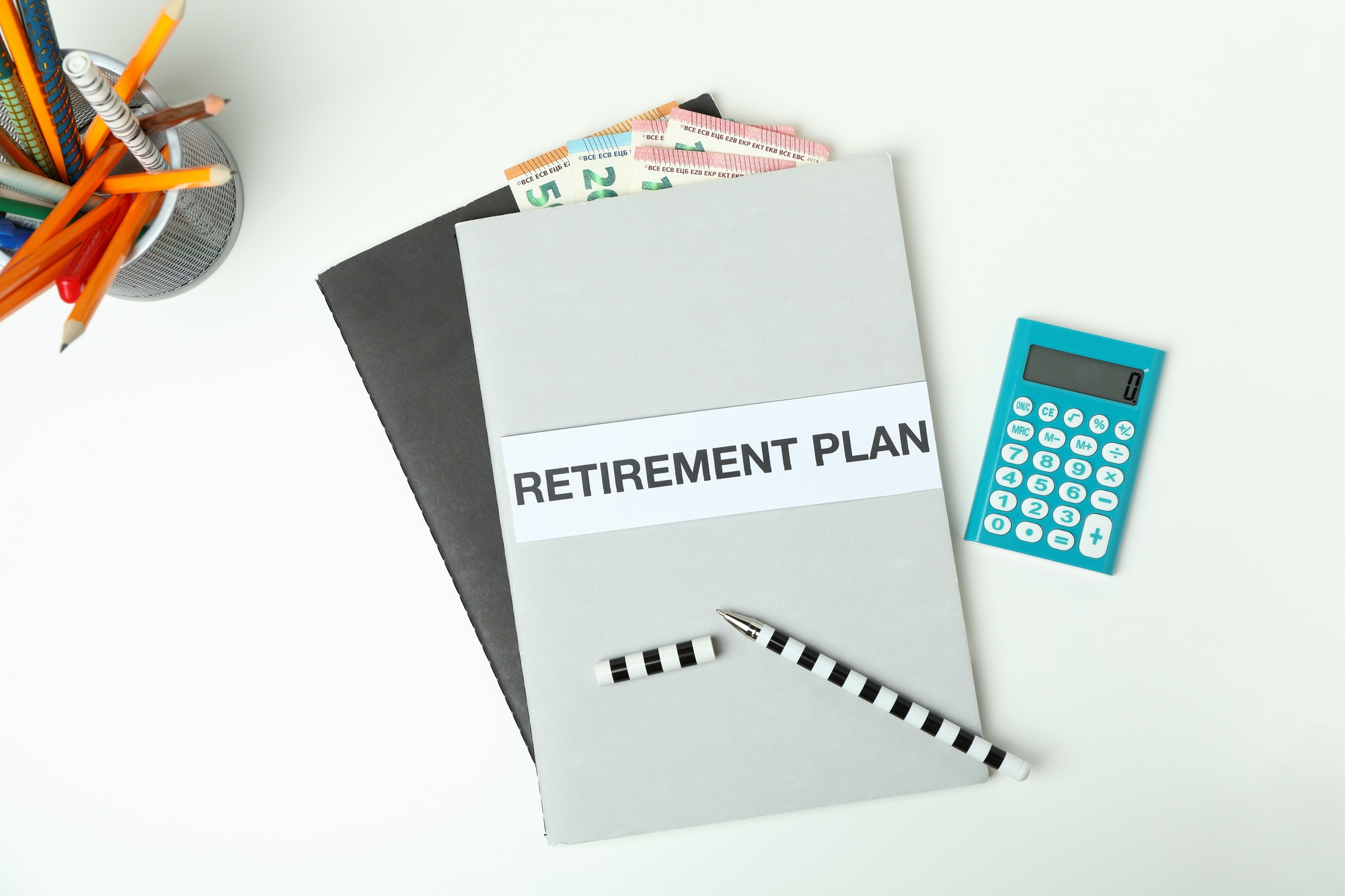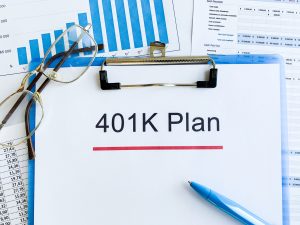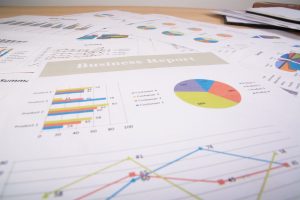In an era where the traditional corporate pension is becoming less common and the 401(k) plan has become a staple for retirement savings, many individuals find themselves contemplating how to secure their financial future without these traditional vehicles. With an increasing number of people either freelancers, entrepreneurs, or those employed by companies that do not offer 401(k) plans, understanding alternative retirement savings strategies has never been more critical.
Understanding the Landscape
The shift away from guaranteed pension plans and employee-sponsored 401(k) systems has compelled individuals to take personal responsibility for their retirement savings. According to a 2021 report from the Employee Benefit Research Institute, about 34% of workers do not have access to an employer-sponsored retirement plan. This statistic underscores the urgency to find alternative pathways to a secure retirement.
To effectively plan for retirement without a 401(k), it is essential to first understand your financial landscape, including income, expenses, and long-term goals. Comprehensive budgeting forms the foundation upon which effective savings strategies can be built.
Building a Diversified Savings Strategy
One of the most viable alternatives to a 401(k) is the Individual Retirement Account (IRA). IRAs come with various tax advantages that can be beneficial for retirement savings. Traditional IRAs allow for tax-deductible contributions, while Roth IRAs permit tax-free withdrawals during retirement.
For 2023, the IRS allows individuals under 50 to contribute up to $6,500 per year to their IRAs, with an increased limit of $7,500 for those aged 50 and over. Utilizing these retirement accounts can provide a substantial tax-advantaged avenue for saving.
Another approach is to invest in brokerage accounts. While these accounts do not offer the same tax benefits as retirement accounts, they provide greater flexibility and a wider range of investment options. This can allow investors to take advantage of opportunities in stocks, bonds, and other assets. It’s important to remember that any gains will be subject to capital gains tax, but for those with a longer investment horizon, this can be an attractive option.
Market Impact
The current economic climate presents both challenges and opportunities for retirement planning. With inflation rates fluctuating and interest rates on the rise, individuals must carefully evaluate their investment choices. According to a report from the Federal Reserve, savings accounts and CDs are offering increasingly higher interest rates, making them a more appealing choice for conservative investors.
Moreover, equity markets remain volatile, requiring investors to have a diversified portfolio that can withstand downturns. Experts recommend maintaining exposure to a variety of asset classes, including REITs (Real Estate Investment Trusts), which can offer both income and capital appreciation potential.
Expert Opinion
Experts stress the importance of starting early and being consistent. “Time is one of the greatest allies in retirement savings,” says financial advisor Sarah Wright. “Even if you are starting with small amounts, consistently contributing to your savings can lead to significant growth due to the power of compounding.” She further emphasizes the need to regularly review and adjust your investment strategy to align with changing personal circumstances and market conditions.
Additionally, for those without employer-sponsored plans, tax-advantaged accounts like IRAs become even more crucial. “Maximizing your contributions to these accounts is essential,” Wright advises. “Every dollar saved today will represent more in the future.”
What’s Next
Planning for retirement without a 401(k) requires a proactive approach and a willingness to explore various saving strategies. Individuals should consider their current financial situation, set realistic goals, and remain committed to their savings plan.
Moreover, education plays a vital role in the successful navigation of retirement planning. Numerous online resources, investment courses, and financial advisory services are available to help individuals enhance their financial literacy and make informed decisions.
In conclusion, while the absence of a 401(k) may seem daunting, it does not preclude the possibility of a secure retirement. By utilizing IRAs, brokerage accounts, and a diversified investment strategy, individuals can chart a course toward financial stability in their golden years. As always, personalized advice from a qualified financial advisor can provide invaluable insights tailored to individual circumstances, helping to ensure that those without a 401(k) plan still have effective pathways to a comfortable retirement.








